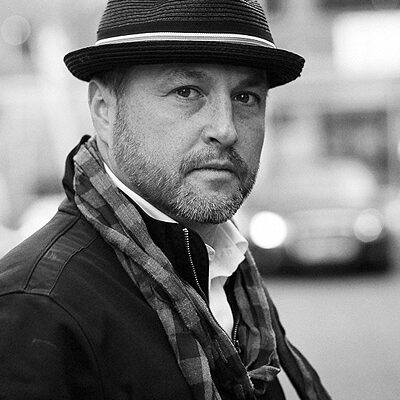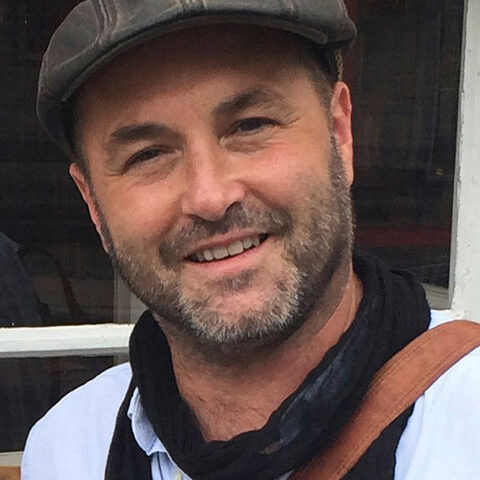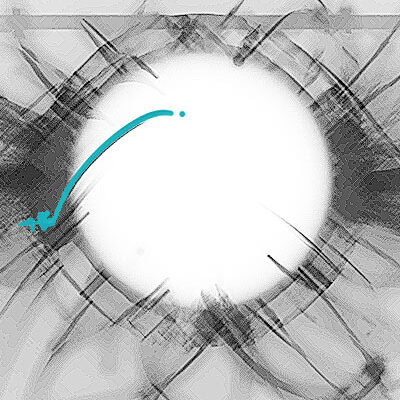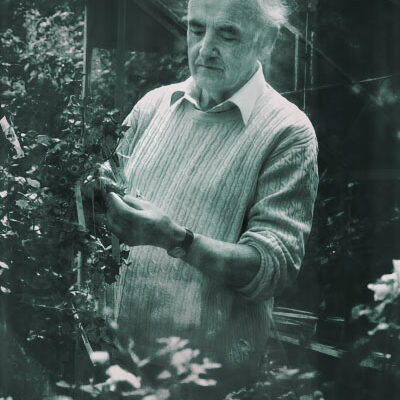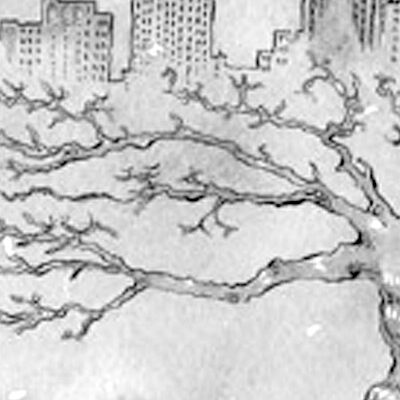Writing Archive
- All
- Collected Works
- Letters to Young Writers
- Seasonal Stories
- Statements
“McCann joins ranks of the great” (Irish Times)
For Colum McCann, the Dublin-born, New York-based writer whose ‘ Let the Great World Spin’ won the US National Book Award on Wednesday night, the prestigious accolade helped make up for Ireland’s defeat to France – just about, he tells FIONA McCANN
Colum McCann talks about winning the National Book Award (IrishCentral)
Colum McCann talks about winning the National Book Award
Extended Author’s Note & Victim Impact Statement: Thirteen Ways of Looking
Punched and knocked unconscious after trying to help a woman who had also been assaulted along a busy city street.
A Selection of Newspaper and Magazine Articles
Magazine publications include the New Yorker, Esquire, Atlantic Monthly, GQ, Story Magazine, New York Times Magazine (“The Real Life of Anna V,” Feb 2002), and several other publications.
Editorial and feature pieces written for the New York Times, Irish Times, London Guardian, Baltimore Sun, Irish Independent, Sunday Tribune, Figaro, Die Zeit, La Republicca, La Monde, Lire.
Riverrun, Riverrun
This essay was originally written for the 2015 White Light Festival at Lincoln Center in New York.
In 1963 the Brooklyn-born physicist, Murray Gellman, postulated a trinity of elemental particles that were the building blocks of the world. He called them “quarks” after a line in James Joyce’s Finnegan’s Wake.
Letter to a Young Writer
Do the things that do not compute. Be earnest. Be devoted. Be subversive of ease. Read aloud. Risk yourself. Do not be afraid of sentiment even when others call it sentimentality.
Looking for the Rozziner
In February 2015 my father Sean McCann passed away. This article (originally published in Granta Magazine, 2010) is reprinted here as a tribute.
Dublin in the mid-1970s. I was nine years old. It was a school day, but my father had brought me to work at his newspaper, the Evening Press, where he worked as features and literary editor. We climbed the stairs to his small third floor office. There were more books than wallpaper. On the floor, magazines and papers lay open as if speaking to each other. I sat in his swivel chair and spun. He worked on some articles, drew up a couple of layouts, ran his red pencil through a few words, his daily grind.
A Dublin Christmas
Every Christmas morning now is full of every Christmas morning then, and in the old unaccountable unfolding of memory I can’t rest on a single time when it all took shape, but this is the story of a suburban Christmas, a Dublin Christmas, a Christmas in the four-bedroom house where I spent my first twenty years and where, thirty years on, I still return no matter where I happen to be.
Read Aloud
Read aloud. Walk around your house and read your way through the ceiling. Ceilings are boring. The sky is more interesting. Read outwards. Have a conversation with what you write. Be prepared to risk the embarrassment.
Leaving Home
I have been gone from Ireland for almost thirty years, yet I can’t shake the word “home” from my idea of her. I try to maintain a good degree of skepticism about where I came from because it is, in so many ways, a spectacular ruin. Our sad love songs. Our happy wars. Our stunned submission to power. Our embrace of the robber barons. Our complicity of silence in the face of financial thuggery. Our willingness, especially in the beginning of the 21st century, to allow our heritage to be demolished. There were office buildings built over ancient Viking sites. There were roads allowed to go through holy shrines. Cranes swung like toy things over the skyline of Dublin. “Model” villages were built in the middle of nowhere, only to become ghosts of themselves.
Don’t Write What You Know
Don’t write about what you know, write towards what you want to know. Step out of your skin. Adventure in the elsewhere. This opens up the world. Go to another place. Investigate what lies beyond your curtains, beyond the wall, beyond the street corner, beyond your town, beyond your country even. A young writer is…
Your First Line
A first line should open up your ribcage. It should suggest that the world will never be the same again. It should be active. Plunge your reader into something urgent, interesting, informative. It should move your story, your poem, your play, forward. It should whisper in your ear that everything is about to change. Assure…

